Keeping Mice out of your Home
It’s autumn and that means mice. This time of year mice are entering homes in preparation for winter. While it’s impossible to never have a mouse, there are things you can do to make your house less attractive to them.
Why do mice like my house?
Mice love older homes. These houses have gaps and other small holes that make it easy for mice to get inside. Older homes often have detached garages, which are built like sheds rather than insulated homes. These garages are not airtight and there are usually large gaps around the garage door or between the foundation and the walls. Newer homes are much more energy efficient, which means steps have been taken to close these small holes, but that doesn’t mean the new homes are immune. Take a look around your yard and see if you have these features that make your house more attractive to mice.
Yard Features that attract mice:
- Dense shrubbery. Mice are timid creatures and need places to hide. If these are against your home, it will give mice the perfect place to hide while they look for a way into your home.
- Wood piles. Everyone loves a fire in autumn, but those wood piles can host a number of pests. Stack firewood away from your home and keep wood covered and dry to deter insects and rodents.
- Scrap piles. Mice love to nest in any small space. That scrap pile in the yard is the perfect place for them to nest. If these piles are against your home, heat from you room will warm the space, providing the perfect environment for mice.
- Bird feeders/baths. While feeding your feathered friends, keep in mind that many rodents love seed and that birdbath provides a source of fresh water as well.
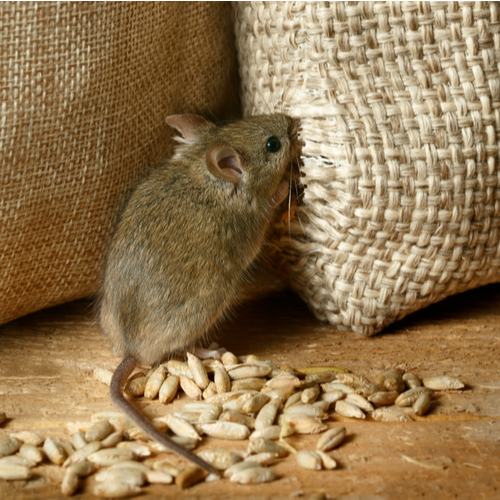
Can I get rid of the mice on my own?
While your pest professional is your best resource for rodent management, there are some things you can do on your own to combat the problem.
DO
- Close off gaps in your home and garage- Use caulk and steel wool to fill in small holes and gaps leading into your home. Mice can squeeze through holes that seem smaller than they are. If you see a gap, caulk it.
- Declutter and reorganize- Mice can chew through cardboard and plastic bags. Use heavy duty bins that seal tightly in your garage. Raise bins and other storage off the floor. This will reduce the number of potential nesting spots. If you see evidence of mice in your pantry, clean up open/spilled food and seal staples away in sturdy, tightly sealed containers
- Clean up your garage and pantry- Grass seed, bird seed and pet food will feed mice all winter long. Open food containers in your pantry will attract these pests to your kitchen.
- Outside keep your lawn and garden trimmed, and remove lawn debris and scrap piles. Tidy lawns are less prone to mice.
DON’T
- Use scent repellants- Mice quickly become accustomed to repellants making any effects short-lived.
- Rely on a cat. Cats can reduce the number of mice in an area, but they cannot reach all areas that mice tend to hide.
- Use sound machines or ultrasonic repellers- They simply do not work.
- Use cayenne pepper. Mice may not eat this spice, but it doesn’t deter them.
- Ignore signs of an infestation. Mice breed rapidly!
While there’s no way to guarantee you will never have a mouse. There are things you can do to make you home less attractive to them. By following these tips you can help keep your home a safe haven for you and your family, not mice.

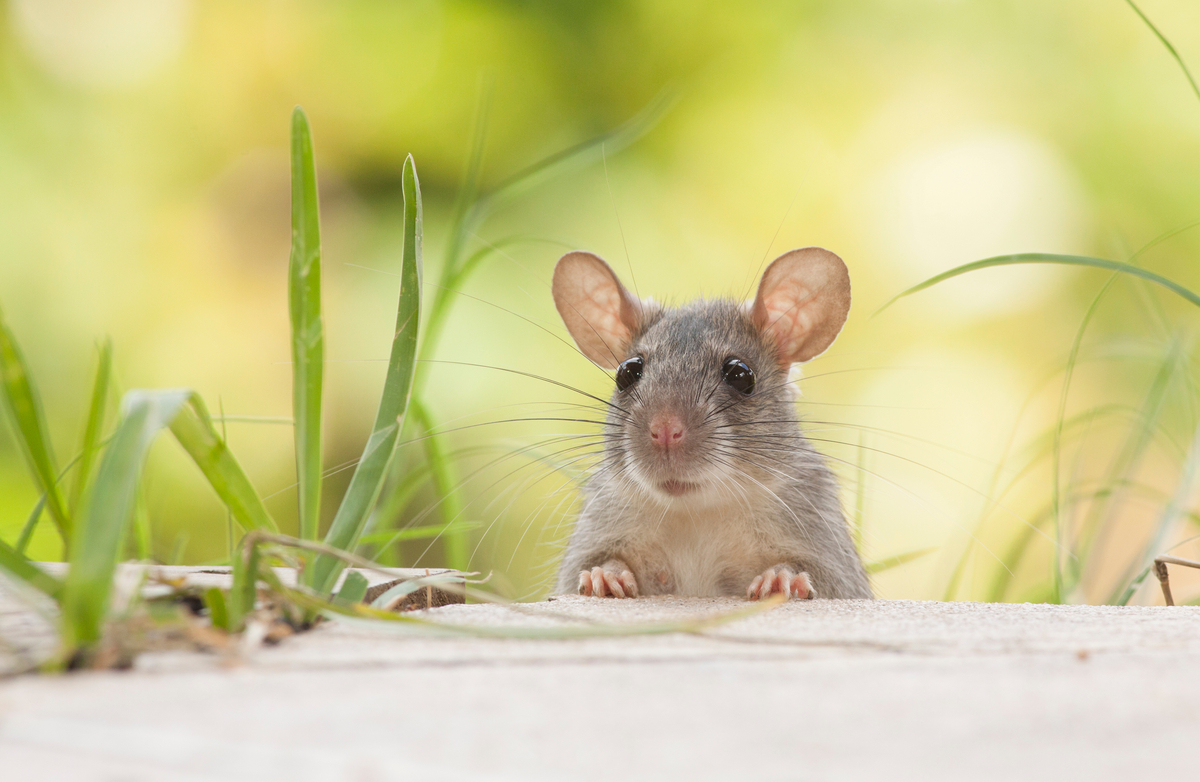

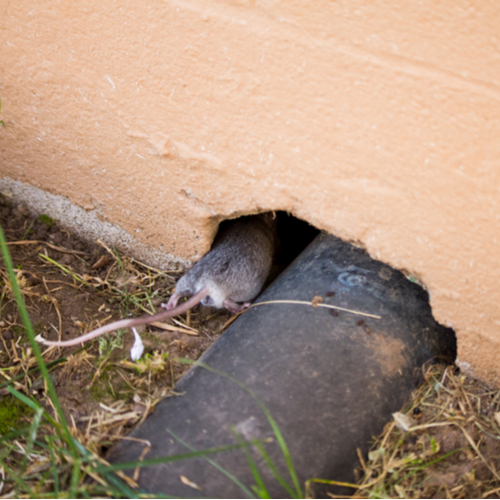

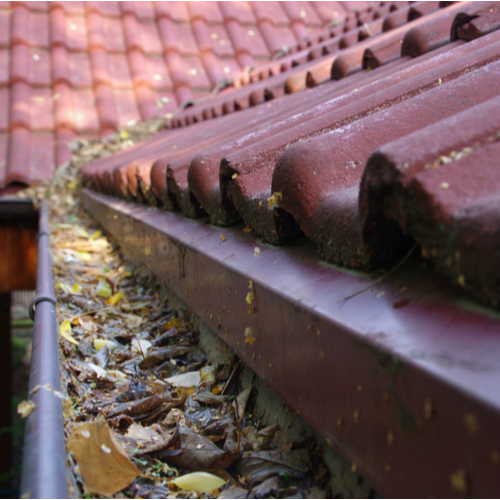
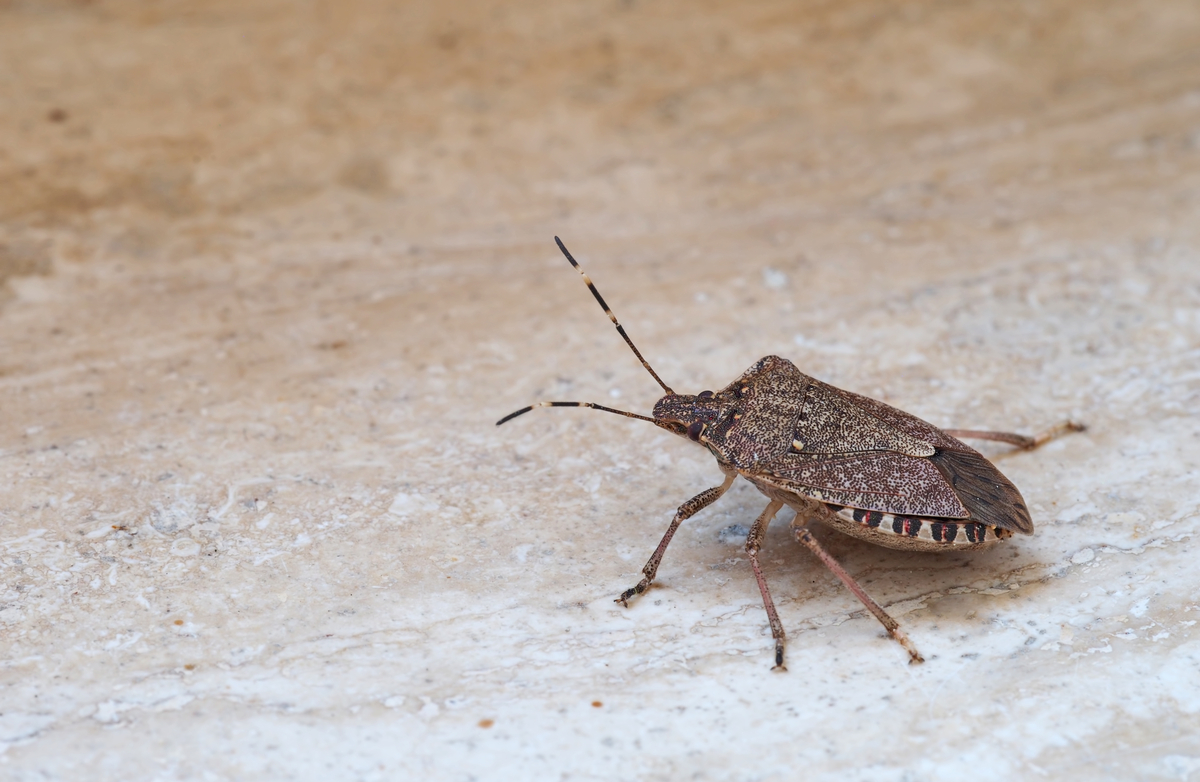
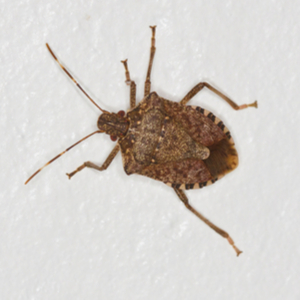

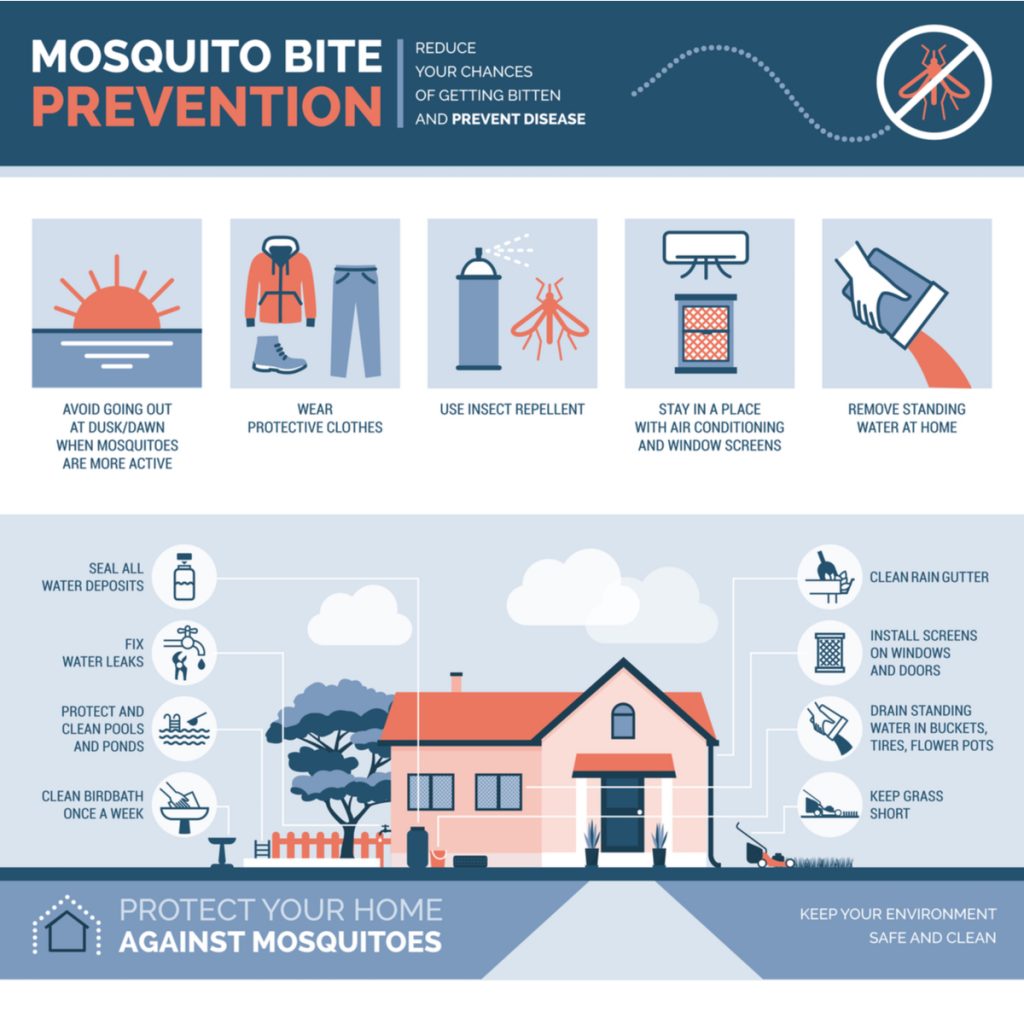
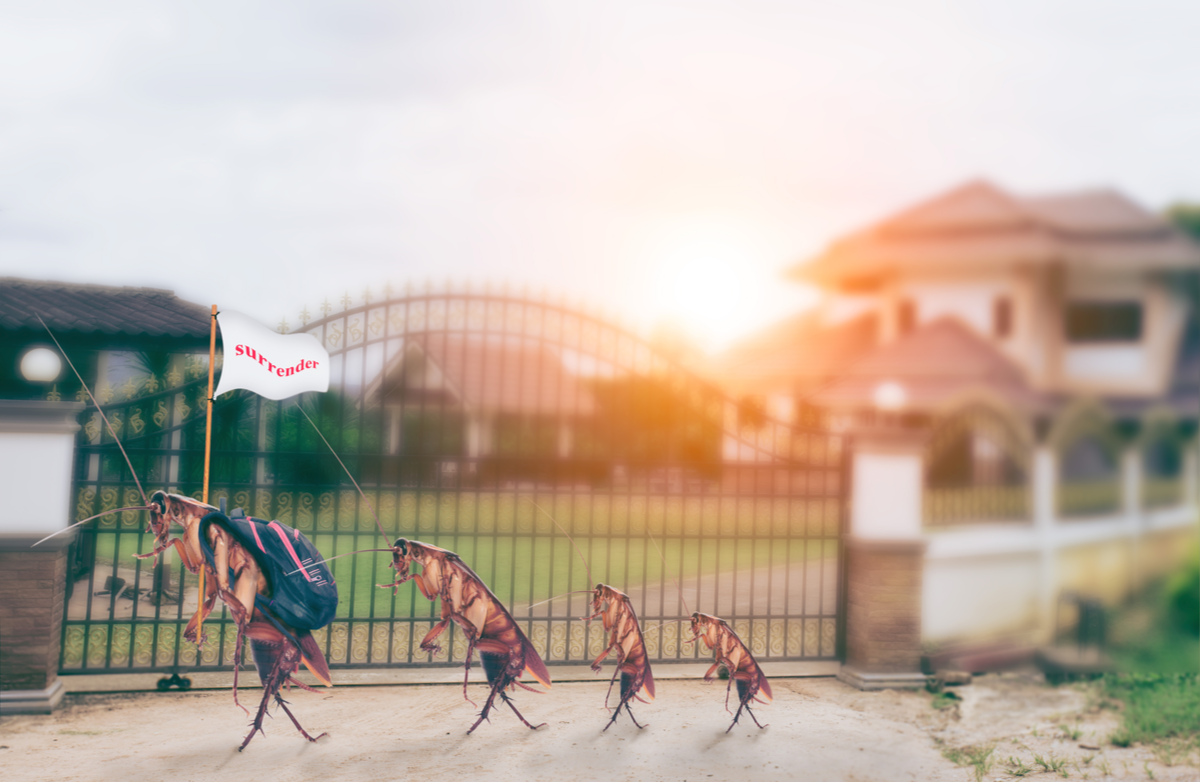
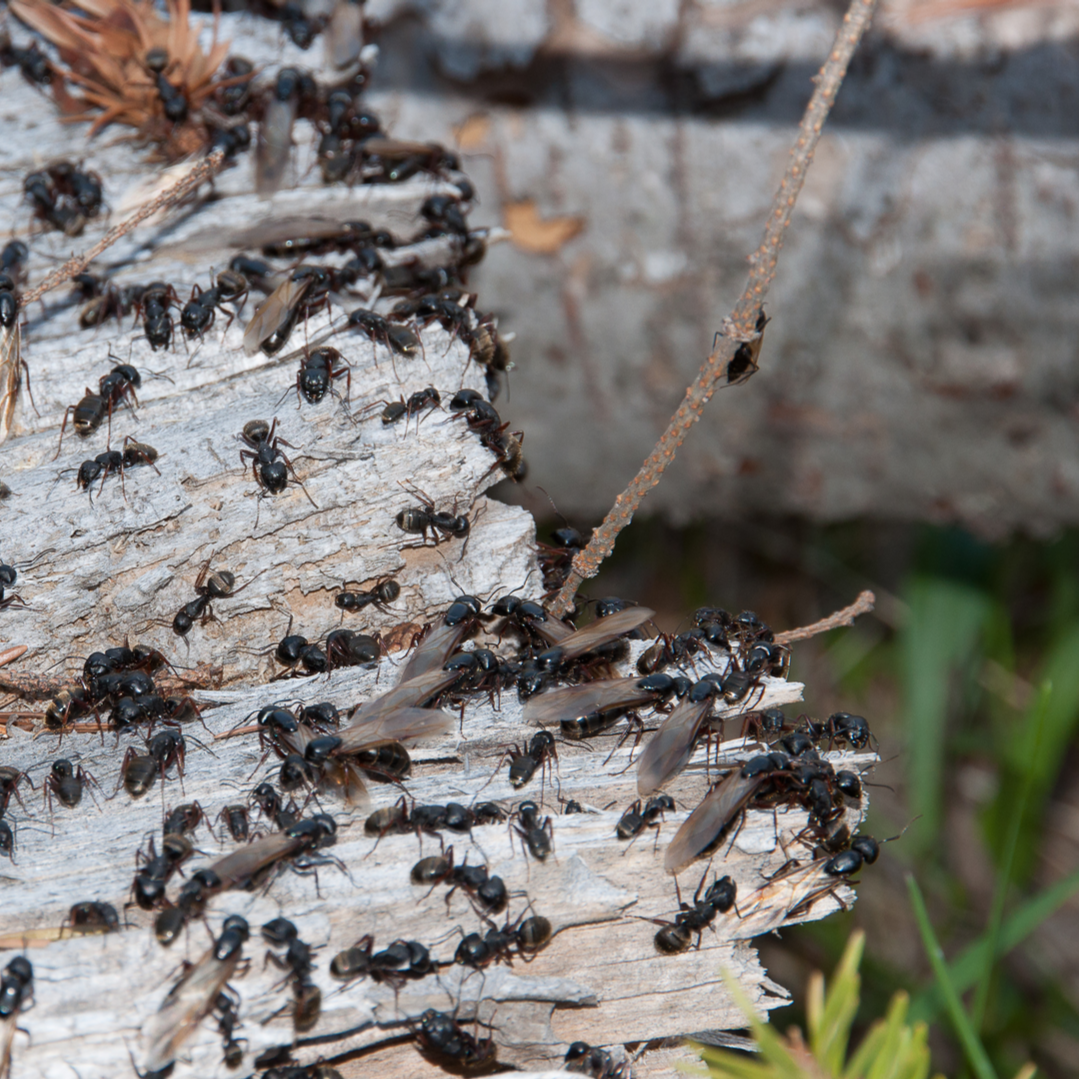
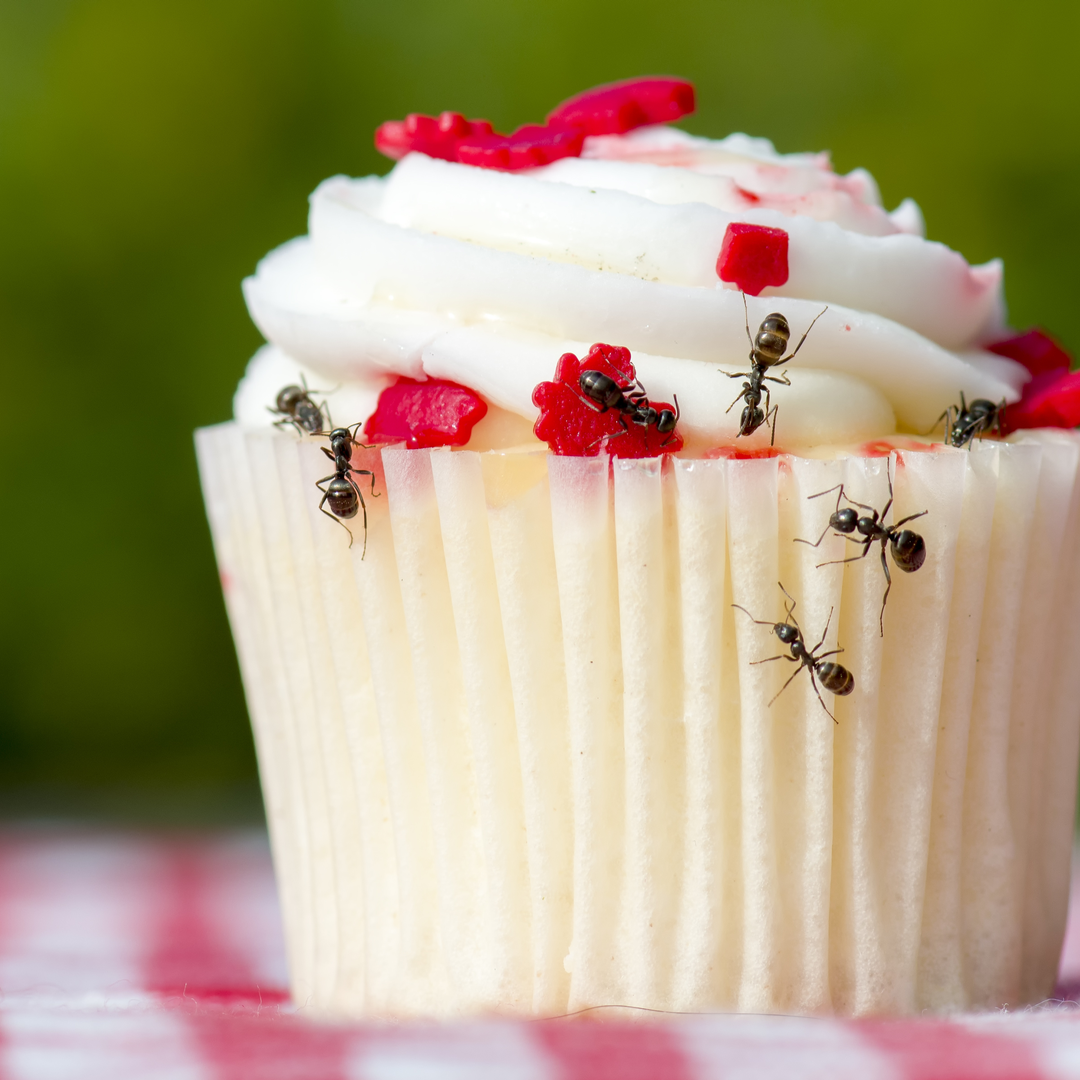




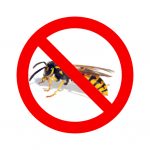

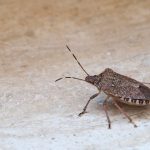

Recent Comments